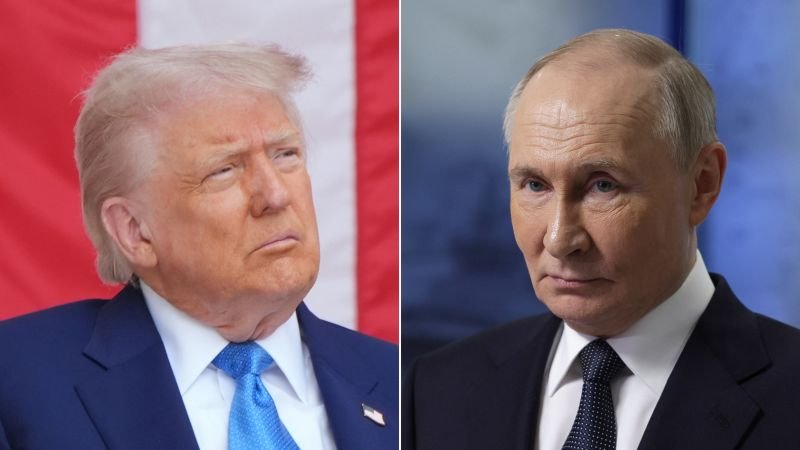Helsinki, Finland
Reuters
—
NATO member Finland plans to quit a global convention banning anti-personnel landmines and boost defense spending to at least 3% of GDP by 2029 in response to the evolving military threat from Russia, the government said on Tuesday.
Poland and the Baltic countries of Estonia, Latvia and Lithuania said last month they would withdraw from the 1997 Ottawa convention due to threats posed by neighboring Russia.
By leaving the treaty, Finland, which guards NATO’s longest border with Russia, could start stockpiling landmines again to have them at hand should a need arise.
Prime Minister Petteri Orpo told a press conference there was no immediate military threat to his Nordic nation, but that Russia poses a long-term danger to all of Europe.
“Withdrawing from the Ottawa Convention will give us the possibility to prepare for the changes in the security environment in a more versatile way,” he said.
He added that Finland would allocate an additional 3 billion euros ($3.24 billion) to defense, raising the level of military spending from 2.41% in 2024 to 3% of gross domestic product by 2029.
President Alexander Stubb said in a post on X: “This is a part of Finland’s contribution to Europe taking greater responsibility for our own defense.”
The announcements come with US President Donald Trump doubling down on ending the war in Ukraine, which has stirred growing Polish and Baltic concerns that Russia could re-arm and target them instead.
Finland joined the NATO military alliance in 2023 in a policy shift away from decades of nonalignment triggered by Russia’s invasion of Ukraine, drawing a Russian threat of “counter-measures.”
Finland began considering withdrawal from the Ottawa treaty last November when its military commander said the matter should be discussed due to Russia’s use of such weapons in Ukraine.
“Finland will use mines in a responsible way, but it’s a deterrent we need,” Agriculture and Forestry Minister Sari Essayah told reporters on Tuesday.
Anti-personnel landmines are designed to be hidden in the ground and detonate automatically when someone steps on them or passes by in their proximity.
Finland destroyed over 1 million landmines after 2012, becoming the last EU state to sign the Ottawa convention, which has been ratified or acceded to by more than 160 countries – but not by Russia.
The 1997 treaty was one of a series of international agreements concluded after the end of the Cold War to encourage global disarmament. Anti-landmine campaigners won the Nobel Peace Prize that same year.
Mines have killed or maimed tens of thousands of civilians around the world, many of them long after wars have ended.
Leaving the treaty will require approval by the Finnish parliament but is expected to pass given widespread support among government and opposition parties.


























